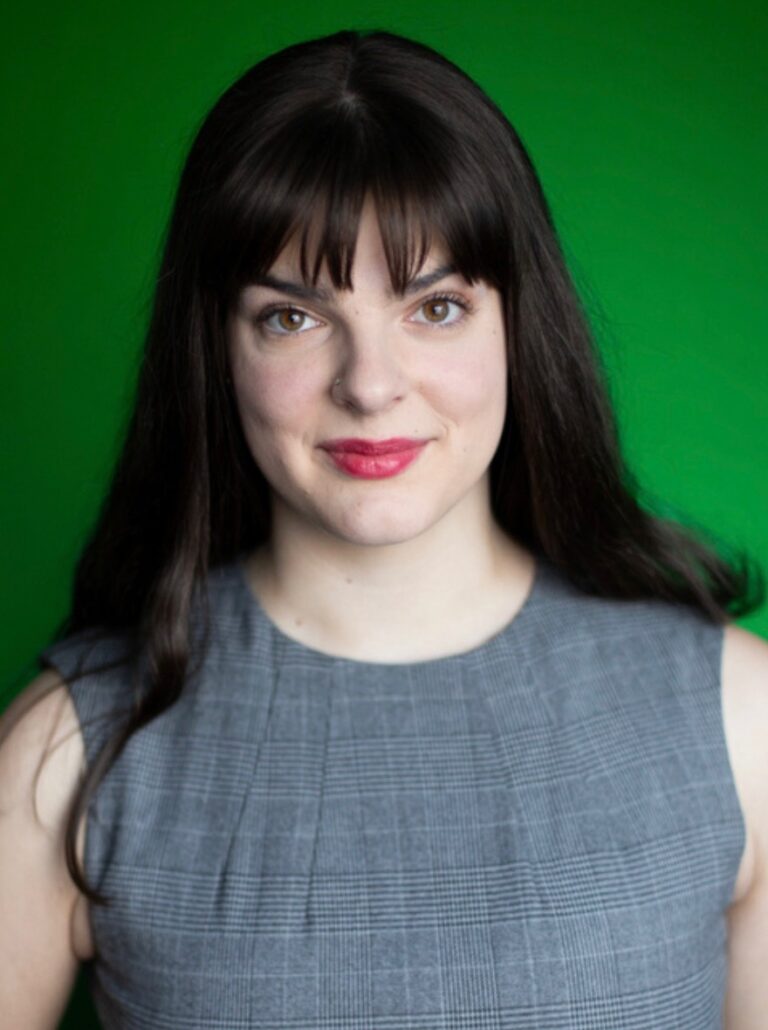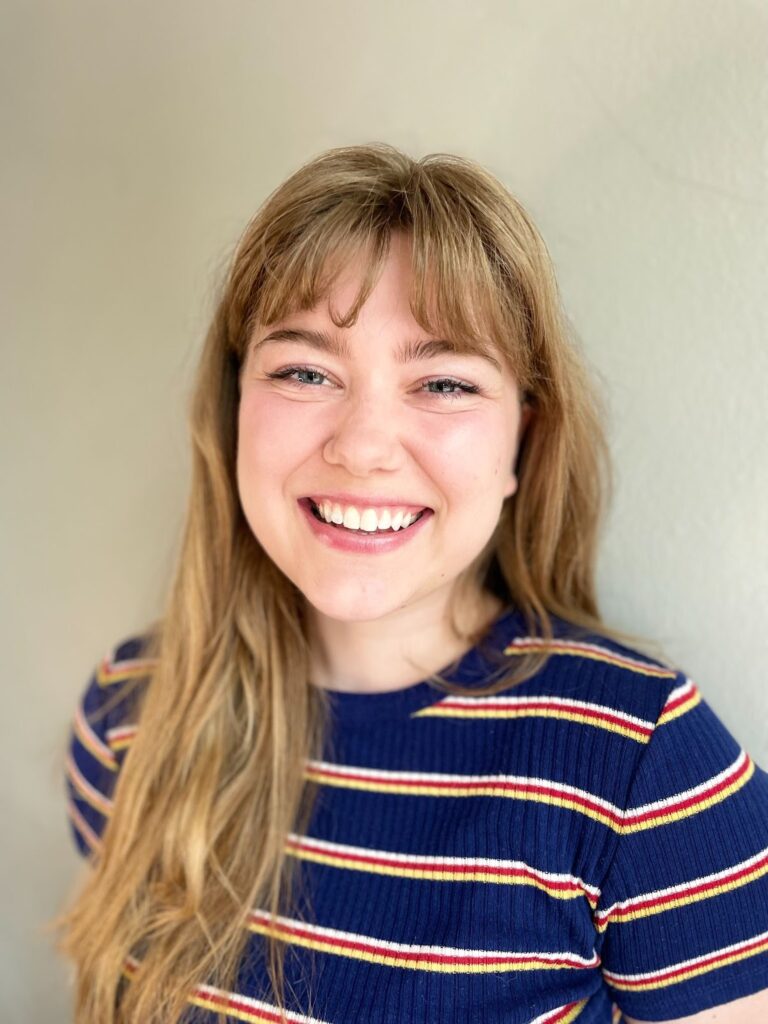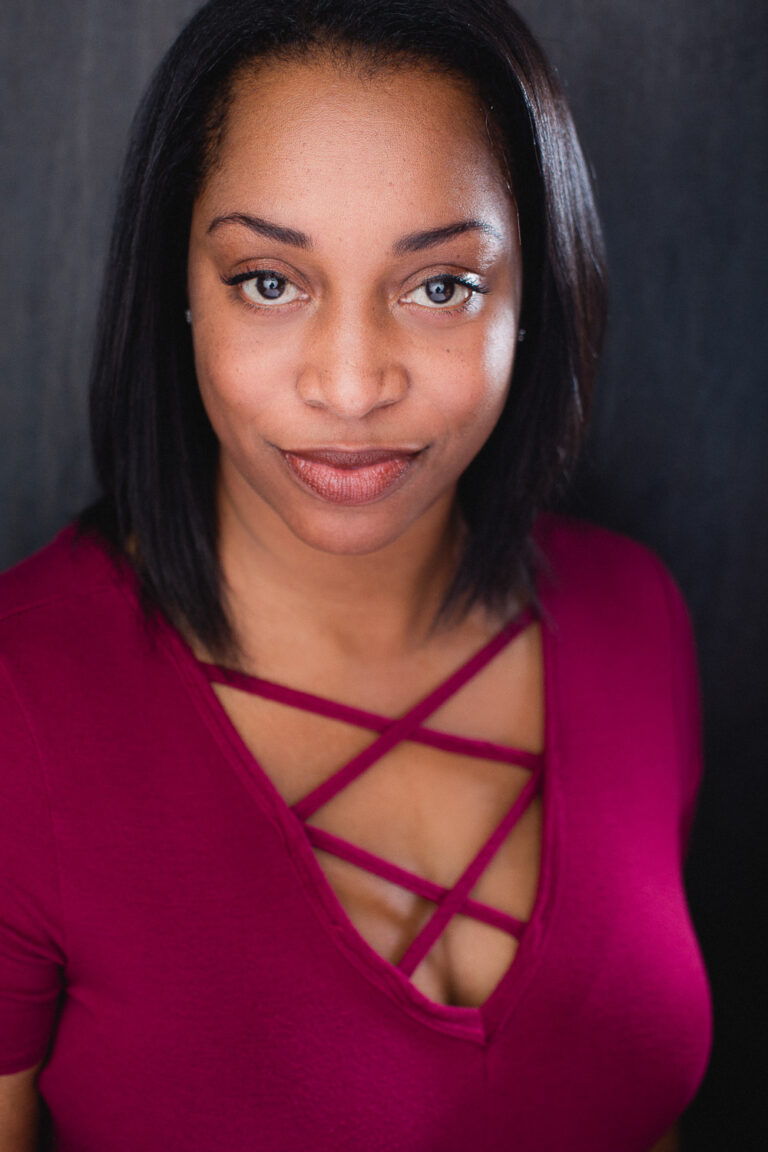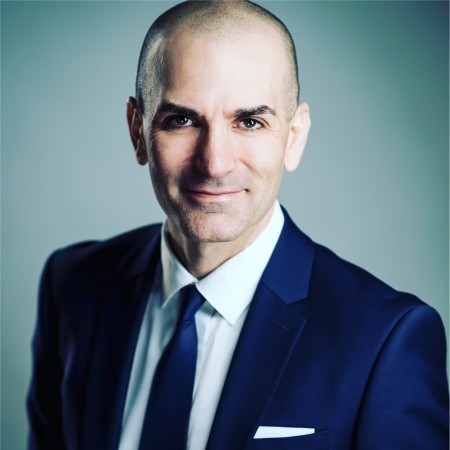

Interview with Sean Cercone
Written by Micah C. Beachy
Sean Cercone, a WVU School of Theatre and Dance alumni, is the CEO and President of Broadway Licensing and its family of companies, which includes Dramatists Play Service, Playscripts, Stageworks Productions, and Broadway on Demand. Together, these companies represent the world’s first 360º theatrical development, producing, publishing, and digital and traditional distribution outfit.
Between Broadway Licensing (musicals), Dramatists Play Service (non-musical plays), and Playscripts (educational productions), Cercone oversees the licensing of nearly 24,0000 productions each year, working with more than 2,800 authors and managing over 6,725 titles. Stageworks Productions is dedicated to the development, production, and distribution of innovative live theatrical properties, focusing on cultivating stories that speak to the universal truths of humanity. Broadway On Demand, launched in 2020, is the industry’s premiere entertainment streaming platform offering exclusive livestream theatrical events, a wide-ranging library of video on-demand content, interactive engagements, and educational programming. Most recently, Broadway on Demand has been nominated for an Emmy for their Broadway Master Class.
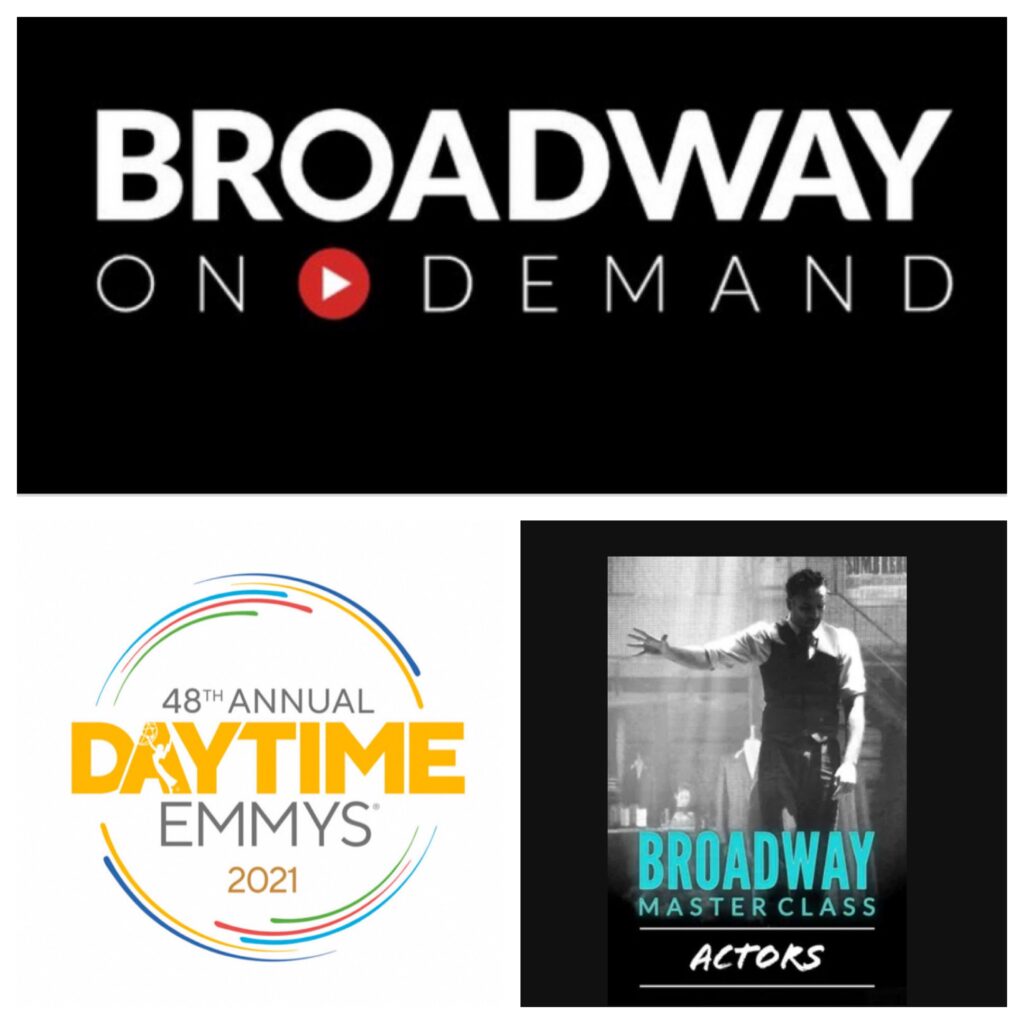
Broadway Licensing provides $5,000 a year for a student at West Virginia University in partnership with West Virginia Public Theatre to produce original work. The scholarship is an award that was created by Sean to encourage young artists to produce new works. The following interview details Sean’s experience in the theatre industry, what selecting candidates for the scholarship was like, what his next projects are, and where he thinks theatre is heading.
Interviewer: Thank you so much for taking the time to speak with WVPT today, Sean! what led you to Broadway licensing? What was that journey like?
Sean Cercone: I would say that the thing I came to terms with right after leaving school was that I knew I wanted to be able to control the environment in which creative artists make art. I knew that my skillset and what I excelled in was providing artists that environment and the resources that they needed to exceed their own expectations of what they thought they could achieve.
That principle led me from performing to producing and then from producing to creating content. Then to a platform in which we could manage intellectual property on behalf of authors and underlying rights holders – which also provided us an opportunity to not only engage with the authors and creatives to create new work but also with the institutions of regional theaters across the country who were interested in hosting that new work. And so I became a matchmaker, matchmaker!
Interviewer: That’s wonderful – matchmaker, matchmaker. That’s an amazing journey you had to get where you are. So two-part question here – when and why did you create the Broadway licensing scholarship?
Sean Cercone: Oh my gosh. I guess this is the third year of the scholarship. The why is because I went to Frostburg for my undergraduate degree. I couldn’t get into any other theater program, okay? Then I went to URTAs and nobody wanted me to come to their program. I literally got zero offers. God’s honest truth. So a friend of mine said, “Hey, WVU is having their local auditions for their MFA program, why don’t you drive out there?” And was like, “well, I don’t have a car”. My friend loans me their car, and it was a 1988 Jeep Cherokee. I drove from Frostburg to Morgantown and I auditioned locally for Jerry, a guy named Phil who was there for a number of years, and another woman named Theresa.
I think my audition went fine. But they were like, “do you have anything else that you want to show us?”. I had this book about how I had been doing student-directed productions on Saturdays. I would get all the classmates at Frostburg to get there and I would cook breakfast for everybody and like we’d read a new play every week, and so I had these articles written about me and stuff and they were like, this is so cool. They said to me, “You know what? This is so much better than your audition, like the stuff that you’re doing”. They gave me an opportunity and it was the only offer for a grad school that I got.
Then I got to WVU and I learned, like, so much, so much. When I left, I got a job as an assistant producer and then a producer and artistic director. Then I ran a couple of different regional theaters and then moved back to New York and raised capital and was an associate producer on a Broadway show. Then my career grew.
It’s all because Jerry and the team there gave me an opportunity that nobody else afforded me. I love them. This scholarship is the absolute minimum I can do. I’m having one hell of a career and I owe it all to those guys.
Interview: That is so nice. So is WVU the only university you are doing that scholarship with currently? Are you doing it with others?
Sean Cercone: Nope, exclusively with WVU.
Interviewer: That is too cool. With the scholarship submissions, what surprised you the most about them?
Sean Cercone: Nothing surprises me about them because of the students. The range and scope and breadth of unique and vibrant and creative ideas are phenomenal. That’s what my hope was, to actually do the thing that I hoped for, right?
I remember when I got money to do the work on projects, like to do the West Virginia Shakespeare Festival project, how it blew my mind. I thought, “Oh, my God, I got I think it was like ten or twelve thousand dollars”.
It felt like a billion dollars at that time. You know, now we’re working with budgets in the tens of millions. I mean, I remember the first opportunity and that’s what I’m trying to recreate for other students in that same position that I was, which is here’s that chunk of money, go make something. And at the end of the day, it’s actually not about the thing that they make. It’s about the process. It’s about creating.
Are they going to create an environment in which the people who they surround themselves with are going to collectively exceed their own expectations of what they thought they could accomplish?
Interviewer: There is nothing like having the space to create something that is your own. That is such a great opportunity for students. Since Broadway Licensing, what’s been your favorite project that you’ve worked on and why?
Sean Cercone: My favorite project that I’m that I’ve worked on is what I’m working on right now.
Interviewer: Am I hearing you are going to give us the exclusive?
Sean Cercone: I’ll tell you what it is we are dragging into the theater industry, into the digitization of theater, and it’s on so many different levels.
My whole goal in my career, in my life is to leave this art form better than the generation that came before me. That’s what we do as artists, right? We have an art problem in this country at the education level, it’s the primary reason why we have so few black or indigenous people of color in the theatre, because we suck at getting theater into schools that are racially, socially, and economically diverse.
A school on the south side of Chicago or for that matter, in rural, you know, Maryland or West Virginia, an area like where you grew up – how do you get that school to professional theater? It’s a lot of pain points that they have to go through. Permissions slips, someone has to pay for it (some homes can afford it, some homes simply can’t), you have to get school buses and drivers. The schools have to pay for the bus and that’s another pain point because some school districts, they can barely keep English textbooks. Right. All of those barriers are there, but there’s nothing stopping the professional theater from going into the school via this….hmm. The problem is, that it’s not temporal. Temporal is important. That’s what makes theater, theater. How much do you want to watch the Super Bowl on Monday?
Interviewer: Right. The game’s over. The winning team’s all over the news.
Sean Cercone: It’s done, right? The part that’s exciting has already happened. It’s that immediacy. When you watch the game and you hear the roar of the crowd. Then we gather at home and have a big Super Bowl party. There is nothing stopping live theater from happening live and like a pay per view kind of thing that brings it into the home. Our core competency of what we’re building on our Broadway On Demand platform is the live theater experience. It’s actually the pay per view experience.
Interviewer: Oh, that’s so cool. That’s phenomenal.
Sean Cercone: So think about as a theater student, you in West Virginia could watch the Steppenwolf production of Orphans with their all-star cast with Tracy Letts that’s going to transfer to Broadway. You have to fly to Chicago to see it or you can watch it as it’s happening at eight o’clock.
Interviewer: That is really, really exciting.
Sean Cercone: Ok, so now that can go into the schools. Here’s the other part of what’s happening. We are also working on this as part of the digitization process. I’m sure in your basement or in your mom’s basement, you’ve got like a DVD of the high school production of something you were in? Which one is it?
Interviewer: Oh yeah. She’s got Suessical the Musical and Jesus Christ Superstar.
Sean Cercone: Both. Perfect. I have the 1989 production of Grease in Central High School in VHS. We all have those, right? So what if there was a database with all of those live productions from every single high school, every single production from as far back as you could go? In that database, you could go back and you and your friends could get together and pay $1.99 to watch that. I have young girls and I could say, “You want to see Dad in high school in this high school production?”. So off of that, the school can make money, revenue from productions that happened 30 years ago. Even if that school makes $400 or $500 every year from all of the ticketing from their catalogue of shows, that’s $500 more than the federal government is putting into some high schools today.
Interviewer: That is so right on.
Sean Cercone: That’s the project I’m working on. That is going to leave this industry better than how we came into it because we’re going to get more kids involved at a younger age. We’re going to get the entire groundswell of the high school theater market digitized, which is going to generate more revenue for the high schools to fund arts programs.
Interviewer: Such a genius idea. There’s that problem always of like, how do we keep theatre in schools? How do we support that? You’re not just providing a solution, you’re providing an actual monetary solution that they can utilize. That’s incredible.
Sean Cercone: That’s why this is the most exciting project that I’ve ever worked on. I’ve worked on some cool stuff with some amazing people. I worked on Ghost with Brushstroke, Oscar award winner Rubin and 10 time Grammy Award winners. I mean, like, I’ve worked on some really cool projects that I was like “I can’t believe I’m working on this song with these people”, but none of that compares to, like, literally changing the world.
Interviewer: That’s really cool. I’m super excited about that and I know you are, too. Thank you for that really thoughtful answer. It’s very impactful. What’s your prediction for new works in a post covid world? Do you see that remaining digital?
Sean Cercone: Zoom will continue to be a thing. It’s convenient. The in-person experience is the premium. There is going to be an explosion of new work. Everybody has been writing for the last year and a half. The next three years, it’s going to be like the Roaring Twenties all over again.
Interviewer: That is so exciting. I am excited to see this all come to fruition. Are there any closing ideas you want to leave the readers with?
Sean Cercone: Yes. For West Virginia Public Theater. It’s so essential to continue the institution. It’s so essential for the students at West Virginia to have access to a professional theater to understand best practices and get their foot in the door. It is essential to the community for the continuing involvement of the arts in that community.
We support art because we know the importance of what’s happening there. I hope that the community realizes how valuable that the institution itself is and the potential it can bring. Shepherdstown was not Shepherdstown until it was Shepherdstown, right? Steppenwolf started in just a tiny storefront theater with three guys. The potential is there if you dream it and you go get it. Morgantown can be a theater mecca, just like La Jolla. I mean, you can literally go down the map and be like all these places that had nothing there except a vision
Interviewer: I love that. Thank you very much for your time, Sean. We really appreciate it.
The Sean Cercone Scholarship will circulate again this year and one lucky WVU student will have an opportunity to create their very own piece of theatre in partnership with West Virginia Public Theatre. For updates on all things happening at WV Public Theatre, follow us on social media platforms @wvpublictheatre.
